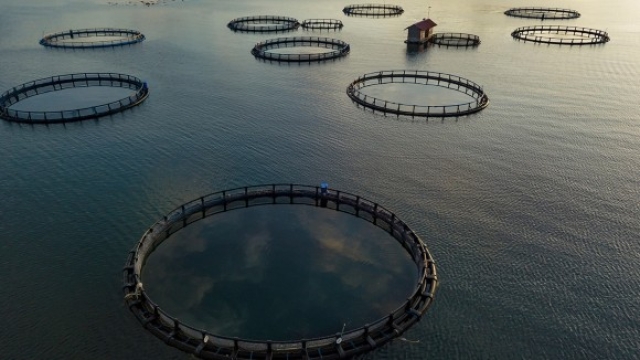
The aquaculture industry is at a pivotal juncture, as innovative technologies emerge to tackle the challenges of sustainability and efficiency. With the world’s growing population and the increasing demand for seafood, the focus on advanced aquaculture techniques has never been more crucial. As we look to the future, the adoption of cutting-edge solutions could play a significant role in transforming how we produce food from our waters.
At the forefront of this transformation is The Rokter, an authoritative hub that offers valuable insights into aquaculture technology and sustainability. This platform serves as a comprehensive resource for professionals in the industry, featuring in-depth blog posts, essential industry resources, and a dedicated forum for engaging discussions. By exploring the latest advancements and sharing knowledge, The Rokter empowers aquaculture practitioners to revolutionize their approach to sustainable seafood production.
Current Trends in Aquaculture Technology
As the demand for sustainable seafood continues to rise, aquaculture technology is experiencing rapid advancements aimed at enhancing efficiency and minimizing environmental impact. Innovations such as smart feeding systems and automated monitoring tools are playing a crucial role in optimizing feed management and health monitoring for aquatic species. These technologies allow producers to achieve better feed conversion ratios while reducing waste, a vital step toward more sustainable practices in the industry.
Moreover, the integration of data analytics and artificial intelligence is transforming aquaculture operations. Farms are leveraging these technologies to analyze large datasets, enabling them to make informed decisions about breeding, feeding, and overall management. This use of technology not only improves productivity but also enhances traceability and transparency in the supply chain, addressing growing consumer concerns about food safety and sustainability.
In addition to operational efficiencies, there is an increasing focus on biosecurity measures within aquaculture technology. Enhanced biosecurity systems, such as advanced filtration technologies and pathogen monitoring solutions, are being implemented to prevent disease outbreaks in fish populations. As aquaculture facilities face challenges from disease and environmental stresses, these innovations are critical for ensuring the health and resilience of aquaculture stocks, thereby securing the future of this vital food source.
Sustainable Practices in Aquaculture
Sustainable practices in aquaculture are essential for minimizing environmental impact while ensuring food security. Techniques such as integrated multi-trophic aquaculture allow for the cultivation of different species in a symbiotic environment, where waste from one species serves as nutrients for another. This approach not only promotes biodiversity but also enhances resource efficiency, making it a cornerstone of sustainable methods in the industry.
Another vital aspect of sustainable aquaculture is the use of innovative feed alternatives. Traditional fish feeds often rely on wild fish stocks, leading to overfishing and ecosystem degradation. By incorporating plant-based proteins, insect meal, and fermentation-derived products, aquaculture can reduce its reliance on these resources, fostering a more sustainable feeding system that meets the nutritional needs of farmed species without compromising ocean health.
Finally, the implementation of advanced monitoring and management technologies plays a critical role in achieving sustainability in aquaculture practices. Using sensors, AI, and data analytics, producers can optimize feeding, monitor water quality, and track fish health in real-time. These technologies not only enhance operational efficiency but also help in making informed decisions that promote environmental stewardship and reduce waste, ultimately contributing to a more resilient aquaculture industry for future generations.
Innovative Technologies Shaping the Future
Aquaculture is experiencing a technological renaissance that is transforming practices and enhancing sustainability. Advanced monitoring systems powered by IoT (Internet of Things) devices allow farmers to track water quality parameters in real time, leading to better management of fish health and nutrient levels. These systems facilitate timely interventions, reducing the incidence of disease and promoting healthier aquatic environments. The integration of data analytics further enables growers to optimize feeding schedules and growth conditions, resulting in higher yields and lower resource consumption.
Aquaponics is another innovative approach gaining traction within the aquaculture sector. This method combines fish farming with hydroponics, allowing the waste produced by fish to provide essential nutrients for plants. This closed-loop system maximizes resource use efficiency while minimizing environmental impacts. By adopting aquaponics, producers can diversify their offerings and reduce reliance on traditional feed sources, aligning shared goals of sustainability and profitability in the industry.
Moreover, advancements in breeding technology have led to the development of genetically improved strains of fish that grow faster, are more resistant to diseases, and have better feed conversion rates. These innovations not only enhance productivity but also lessen the pressure on wild fish populations by reducing the need for wild-caught fish as feed. As these technologies continue to evolve, the aquaculture industry stands at the forefront of making sustainable seafood production a reality, ensuring food security for the growing global population.
Community and Collaboration in Aquaculture
In the rapidly evolving field of aquaculture technology, community and collaboration play pivotal roles in driving innovation and sustainability. Professionals from various sectors come together to share knowledge, best practices, and experiences that can enhance production efficiency while minimizing environmental impact. By fostering a collaborative atmosphere, stakeholders can work together to address common challenges and seize opportunities that arise within the industry.
Sign Up
The Rokter serves as an essential platform for those in the aquaculture community, offering resources that facilitate networking and information exchange. Through in-depth blog posts and industry resources, aquaculture professionals can stay informed about the latest advancements and trends. The dedicated forum encourages interaction among users, allowing them to discuss specific issues and share insights that can lead to collective problem-solving and improved practices in aquaculture.
Moreover, collaborative initiatives can lead to the development of innovative technologies and sustainable practices. Working with researchers, government agencies, and other stakeholders, professionals in aquaculture can contribute to projects that not only enhance their operations but also benefit the wider ecosystem. By embracing the spirit of collaboration, the aquaculture community positions itself to create a more resilient and sustainable future for the industry.
Resources for Aquaculture Professionals
The Rokter serves as a central hub for aquaculture technology and sustainability insights, providing a wealth of resources for industry professionals. Visitors can explore a variety of in-depth blog posts that cover the latest trends, innovative techniques, and sustainable practices in aquaculture. Each article is crafted to equip readers with knowledge that can enhance their operations and contribute to the overall advancement of the field.
In addition to informative articles, The Rokter offers a rich collection of industry resources. This includes research studies, white papers, and case studies that delve into specific challenges and solutions within aquaculture. Professionals can access these materials to stay updated on best practices and groundbreaking developments, ensuring they remain competitive in a rapidly evolving industry.
Furthermore, The Rokter features a dedicated forum where aquaculture professionals can connect and share insights. This platform fosters collaboration and knowledge exchange, allowing members to discuss pressing issues, share success stories, and seek advice from peers. Engaging in this community not only enhances individual learning but also strengthens the collective expertise of the aquaculture industry.



